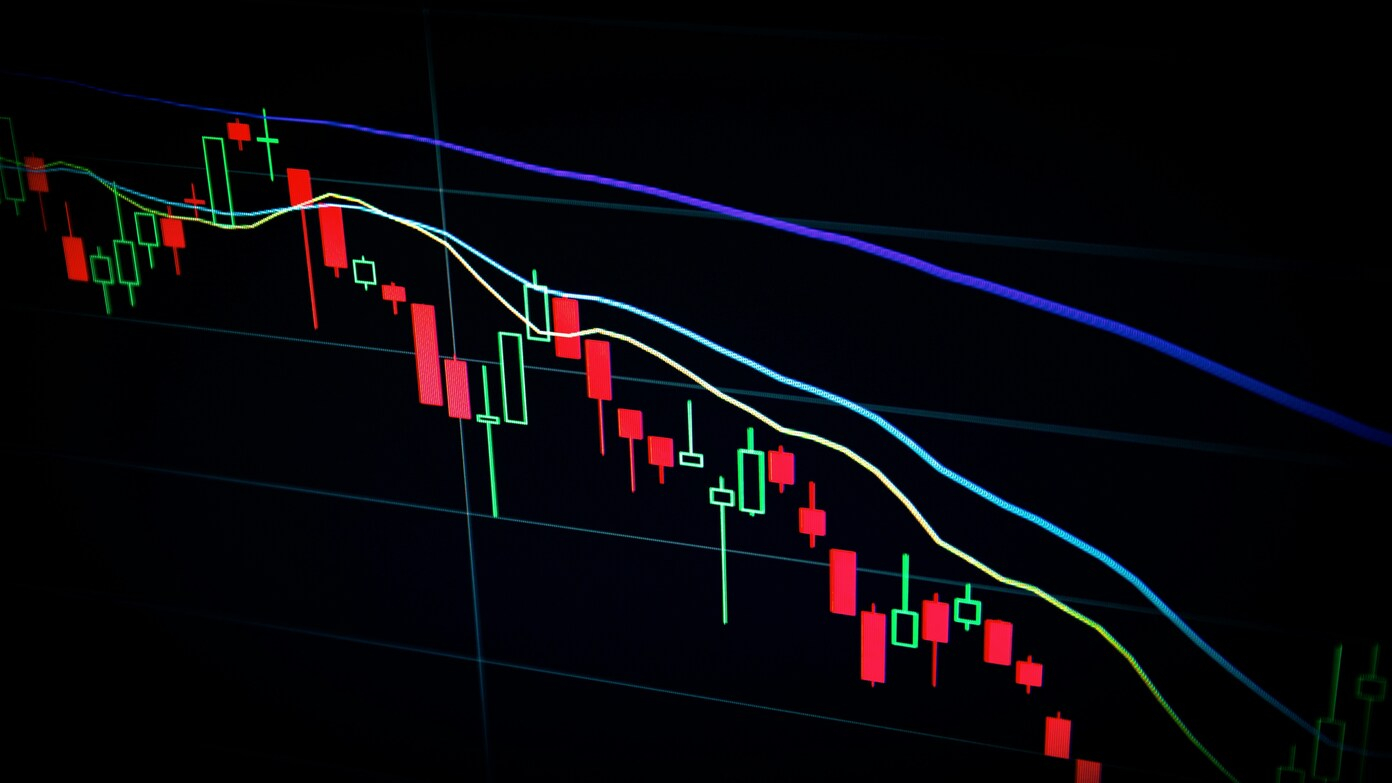The cryptocurrency $LIBRA, promoted by Argentine President Javier Milei, has come under scrutiny for its alleged fraudulent nature. Experts classify it as one of over 50,000 pseudo-cryptocurrencies that can be created within minutes. These digital assets often operate under a “Pump & Dump” scheme, where developers assign units for sale at their discretion, manipulating the market for personal gain.
Rodolfo Andragnes, founder of the NGO Bitcoin Argentina, explains that almost all of these digital currencies thrive on early investments but quickly collapse due to their lack of real utility. In the brief period that Milei promoted $LIBRA on social media, its value surged from 0.3 cents to $5.54, generating millions in transactions before plummeting. Currently, its worth has dwindled to a mere 0.0006 cents.
A financial report by the American firm Kobbeissi Letter revealed that initial investors withdrew $87.4 million in profits before the market capitalization of $LIBRA lost over $4.4 billion within just five hours. This strategy, known as a “rug pull,” is a prevalent scam in the cryptocurrency world.
Lack of Regulation and Investor Risks
Ciro Edgardo Romero, a researcher specializing in blockchain technology, emphasizes that while legitimate cryptocurrency projects are backed by detailed whitepapers outlining their economic and technical structures, many fraudulent coins operate without transparency.
Scams like $LIBRA succeed due to lax regulations governing cryptocurrency financial services. Without stringent oversight, fraudulent schemes easily lure investors who fail to critically assess the risks. Romero advises potential investors to conduct thorough research before committing funds to any digital asset.
Androgens also highlight the Argentine government’s failure to regulate junk asset promoters on various platforms. While financial service providers are subjected to some oversight, there are no legal repercussions for those marketing dubious investments. He criticizes regulatory bodies for allowing financial products to be sold under the guise of legitimacy, without adequate consumer protections
Read now: Federal official’s viral message to Elon Musk after DOGE cuts: “You’d be foolish not to be afraid”
Following the backlash against $LIBRA, the Argentine Fintech Chamber issued a statement urging investors to use platforms authorized by the National Securities Commission (CNV). The organization also pledged to work with authorities in developing policies that protect users while fostering innovation in the crypto sector. According to the Chamber, Argentina remains a leader in crypto adoption, with over 2.5 million active users and a transaction volume exceeding $91.1 billion in 2024.
Argentina’s Milei denies role in cryptocurrency scandal as government launches probe • FRANCE 24
Legal and Political Fallout
The controversy surrounding $LIBRA has now led to legal action against President Milei. Four political leaders have filed a criminal complaint, accusing him of “criminal association,” “fraud,” and “failure to fulfill the duties of a public official.” The complaint alleges that the $LIBRA promotion was part of a “mega-scam” that affected over 40,000 individuals, resulting in losses exceeding $4 billion.
The legal filing names multiple individuals, including activists close to Milei, the President of the Chamber of Deputies, and Julian Peh, CEO of Kip Protocol, the company responsible for developing $LIBRA. Kelsier Ventures representative Hayden Mark Davis, who provided the technological infrastructure for the cryptocurrency, is also implicated. The plaintiffs argue that these individuals orchestrated a coordinated effort to defraud investors through a deceptive digital currency scheme.
In response to the allegations, the Argentine Anti-Corruption Office (OA) has launched an investigation at Milei’s request. The President has also established an Investigation Task Force (UTI) to examine $LIBRA and its affiliated entities. This task force will include representatives from organizations focused on crypto assets, financial activities, and money laundering.
The OA, which operates under the Ministry of Justice, will oversee the probe to determine whether any government officials, including Milei himself, engaged in improper conduct. Any findings will be turned over to the courts for further action.
As the scandal unfolds, it underscores the urgent need for stronger cryptocurrency regulations to prevent similar incidents in the future. With Argentina being a major player in the crypto space, how authorities respond to this case could set a precedent for the country’s digital asset policies moving forward.
Argentina federal judge to probe Milei crypto scandal | REUTERS
